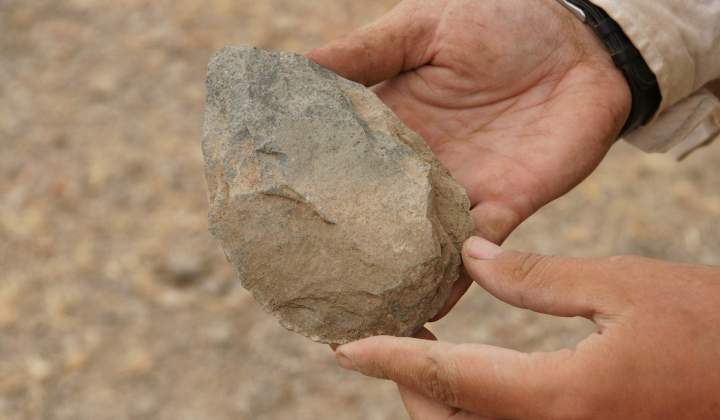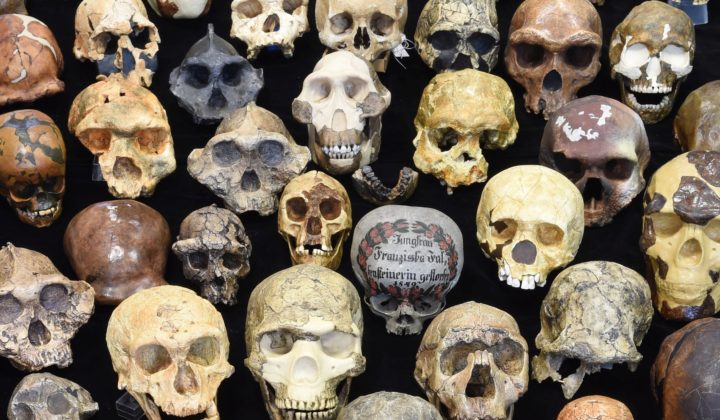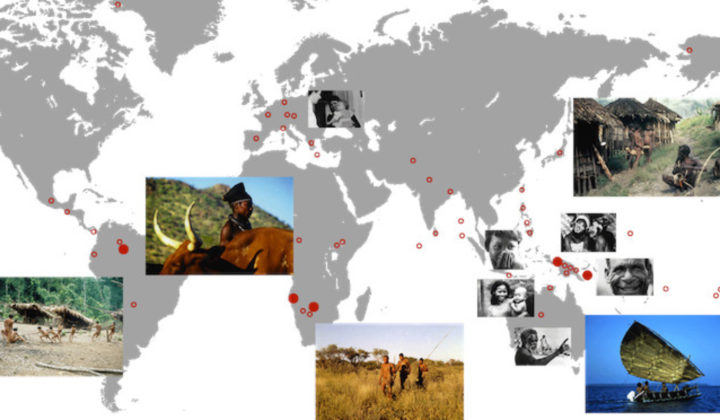Palaeoanthropology
ROCEEH
“The Role of Culture in Early Expansions of Humans” (ROCEEH) is an interdisciplinary project of the Heidelberg Academy of Sciences at the interface between cultural and natural sciences with working sites at the University of Tübingen and the Senckenberg Research Institute in Frankfurt/Main.
A team from the fields of archaeology, paleoanthropology, paleobiology, geography, and database specialists under the direction of Prof. Dr. Nicholas Conard, Prof. Dr. Volker Hochschild, Prof. Dr. Volker Mosbrugger and Prof. Dr. Friedemann Schrenk, is researching the history of mankind and its early stages between three million and 20,000 years ago, covering the entire geographical area of Africa and Eurasia. The project investigates the interactions of the expansions of individual cultural capabilities, resource spaces used, and spatiotemporal dispersal patterns observable in the course of human development. The aim is to develop a systemic understanding of the humanization process as well as to explore, contextualize, and preserve humanity’s early cultural heritage. At the heart of the project is the multidisciplinary and web-based ROAD (ROCEEH Out of Africa Database) database with GIS capabilities. ROAD combines geographic data on sites with information on the stratigraphic organization of layers and archaeology, as well as human fossil history, climate, vegetation, and fauna. The results will be incorporated into a digital atlas of human-environment evolution based on GIS. Beyond the project’s duration from 2008 to 2027, this will provide access to often difficult-to-access data on early human history while protecting the sites of endangered cultural assets.







